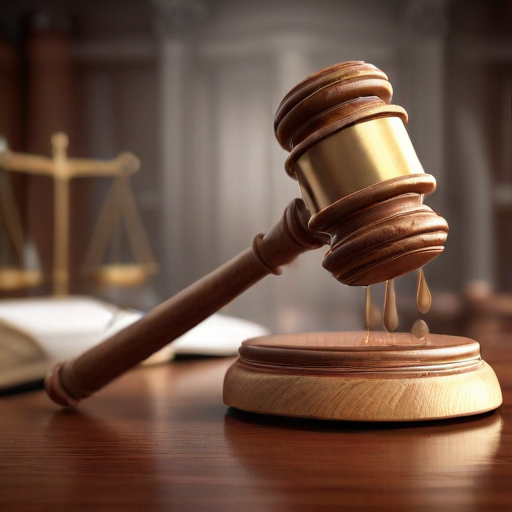Special counsel Jack Smith has taken significant steps to dismiss all federal charges against President-elect Donald Trump related to the mishandling of classified documents and efforts to overturn the 2020 presidential election. The U.S. District Judge Tanya Chutkan swiftly approved Smith’s motion concerning the January 6-related indictment, effectively concluding claims that Trump illegally conspired to reverse his loss to President Joe Biden.
Trump faced a series of legal challenges beginning with his indictment in June 2023 on 37 felony counts for mishandling classified documents taken from the White House to his residence in Florida. These charges included serious allegations like willful retention of national defense information. Although a Florida judge initially dismissed this case, the special counsel had aimed to appeal that decision.
In August 2023, Trump was indicted on four additional felonies, which accused him of trying to change the 2020 election outcomes. Following a lengthy legal battle, Trump’s defense argued that he should not be prosecuted for actions taken during his presidency, citing political motivation behind the charges. Despite the indictments, Trump has maintained his innocence and has not acknowledged the falsehood of his claims regarding the 2020 election.
This momentous development has historical resonance. It comes half a century after the Watergate scandal, when Richard Nixon resigned in the face of similar allegations. Unlike Nixon, however, Trump has secured a second chance at the presidency, with the DOJ’s longstanding position that sitting presidents cannot be criminally charged now benefiting him.
As the special counsel’s office indicated, the decision not to pursue charges reflects a balance between affording the president the ability to fulfill his duties and upholding the rule of law. This position aligns with the historical precedent set during the Mueller investigation, which also concluded that charging a sitting president was not possible.
In recent rulings, conservative judges have further bolstered Trump’s position regarding presidential immunity, complicating the prosecution’s efforts. Following this dismissal, Trump and his representatives have framed the outcome as an affirmation of the rule of law, calling for an end to what they view as the politicization of the justice system.
As Trump gears up for his inauguration on January 20, 2025, there remains a focus on addressing the actions of the January 6 rioters, many of whom have expressed regret over their involvement, having been influenced by Trump’s claims.
In summary, the dismissal of charges against Trump marks a pivotal and historic development, illustrating the complexities of legal accountability for a sitting president. The situation emphasizes the ongoing discussions about the intersection of law, politics, and presidential powers, as Trump prepares for the possibility of a return to office.
This scenario provides hope for those seeking a resolution to the divisive political climate, as it opens the door for potential healing and unity as the nation moves forward.
